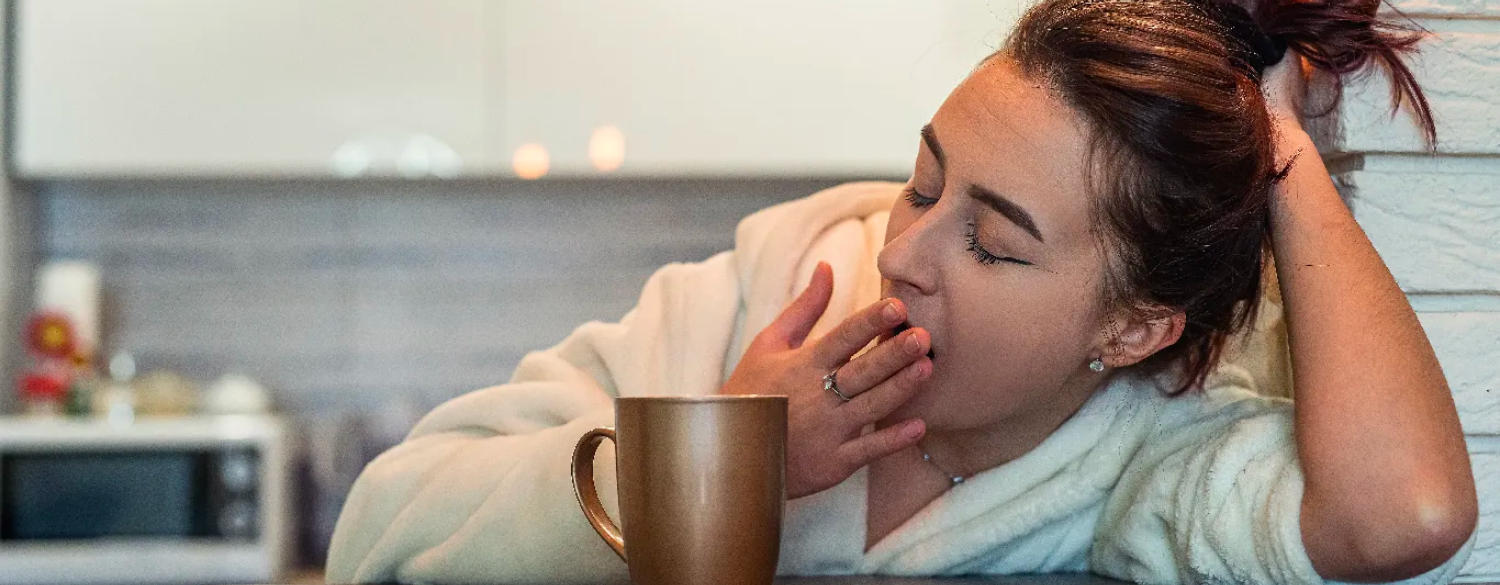Getting a good night's sleep is essential for our physical and mental health. It's important to establish a healthy sleep routine to ensure you get the restful sleep your body needs. While there are things you can do to help you sleep better, such as practicing relaxation techniques or creating a sleep-conducive environment, there are also things you should avoid doing before bedtime. In this blog, we will discuss what not to do before you sleep.
- Avoid Caffeine
Caffeine is a stimulant that can interfere with sleep, even when consumed several hours before bedtime. It can increase the time it takes to fall asleep, reduce the amount of deep sleep, and cause frequent awakenings during the night. It's best to avoid caffeine-containing beverages like coffee, tea, and soft drinks at least four hours before bedtime.
- Don't Eat Heavy Meals
Eating a heavy meal before bedtime can cause discomfort and indigestion, making it difficult to fall asleep. It's best to avoid heavy or spicy meals, as well as large amounts of fluids before bedtime. If you're hungry before bed, try a light snack such as yogurt, a banana, or a small bowl of cereal.

- Avoid Blue Light Exposure
Exposure to blue light from electronic devices such as smartphones, tablets, and laptops can interfere with your sleep cycle. Blue light suppresses the production of the sleep hormone melatonin, making it difficult to fall asleep. It's best to avoid using electronic devices for at least an hour before bedtime or use devices that have a blue light filter.
- Don't Exercise Late
Exercise is excellent for our physical and mental health, but it's best not to exercise vigorously late in the evening. Exercise increases our heart rate and metabolism, making it difficult to fall asleep. It's best to finish your exercise routine at least two to three hours before bedtime.
- Avoid Alcohol
While alcohol can initially make you feel sleepy, it can interfere with the quality of your sleep. Alcohol can cause frequent awakenings during the night, and reduce the amount of deep sleep, leaving you feeling groggy and tired the next day. It's best to avoid alcohol before bedtime.
Conclusion
Getting a good night's sleep is essential for our physical and mental health. Establishing a healthy sleep routine is crucial to ensuring you get the restful sleep your body needs. Avoiding caffeine, heavy meals, blue light exposure, late-night exercise, and alcohol before bedtime can help promote restful sleep. By following these tips, you can improve the quality of your sleep, wake up feeling refreshed, and improve your overall health and well-being.

